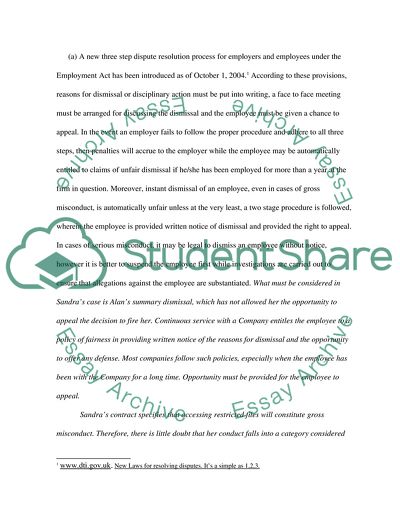Cite this document
(“Law and Practice Disciplinary Violation Essay Example | Topics and Well Written Essays - 2500 words”, n.d.)
Retrieved from https://studentshare.org/law/1536124-law-case-study
Retrieved from https://studentshare.org/law/1536124-law-case-study
(Law and Practice Disciplinary Violation Essay Example | Topics and Well Written Essays - 2500 Words)
https://studentshare.org/law/1536124-law-case-study.
https://studentshare.org/law/1536124-law-case-study.
“Law and Practice Disciplinary Violation Essay Example | Topics and Well Written Essays - 2500 Words”, n.d. https://studentshare.org/law/1536124-law-case-study.


